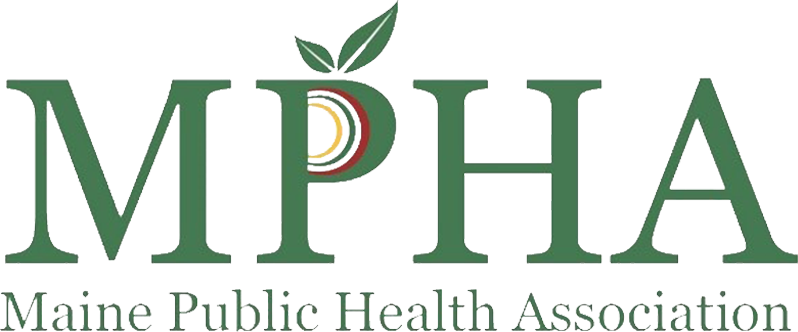

Democracy is a Public Health Issue: Tools to Support Nonpartisan Voter Access
As trusted messengers, how can public health professionals use their role to protect both health and democracy?

Course Information
- Audience: All public health professionals working in nonprofits, healthcare, educational institutions, government and private sector
- Format: Webinar
- Date/Time: July 17, 2025 12:00 PM – 1:00 PM ET.
- Price: Free
- Length: 1 hour
- Credential(s) eligible for contact hours: Sponsored by New England Public Health Training Center (NEPHTC), a designated provider of continuing education contact hours (CECH) in health education by the National Commission for Health Education Credentialing, Inc. This program is designated for Certified Health Education Specialists (CHES) and/or Master Certified Health Education Specialists (MCHES) to receive up to 1 total Category I continuing education contact hours. Maximum advanced-level continuing education contact hours are 1. Provider ID: Event ID: .If you are not seeking a CHES/MCHES contact hours, if you complete the post-test and evaluation, you will receive a Certificate of Completion. The Certificate will include the length of the course.
- Competencies: Communication Skills
- Learning Level: Awareness
- Companion Trainings: None
- Supplemental materials:Slides and follow-up email with any links mentioned during presentation
- Pre-requisites: None
About this Webinar
Voting shapes the policies that impact every social determinant of health—from housing and education to clean air and access to care. In this session, you’ll learn how public health professionals can support nonpartisan voter access efforts that align with their mission and reach the most impacted communities. You'll leave with tools, real-world examples, and practical strategies you can apply right away.
What you'll learn
- Understand the link between voting and public health outcomes.
- Identify legally sound, nonpartisan ways to support voter access.
- See real-life examples of voter registration integrated across communities.
- Walk away with ready-to-use tools and ideas for your own work.
-
Subject Matter Expert
 Marcos Damian Noyola,
Deputy Director of Partnerships at Vot-ER
Marcos Damian Noyola,
Deputy Director of Partnerships at Vot-ER
Marcos Damian Noyola (he/him) is the Deputy Director of Partnerships at Vot-ER. With a background in public health and systems design, Marcos supports healthcare institutions and community-based organizations in integrating nonpartisan voter access into their programs. His work centers equity, storytelling, and sustainable infrastructure to build civic health.
Enrollment and Contact Hours
Select the Enroll button below to register for the course. If you have any trouble accessing the course, contact support@nephtc.org.
Acknowledgement: This project is supported by the Health Resources and Services Administration (HRSA) of the U.S. Department of Health and Human Services (HHS) as part of award 2 UB6HP31685‐05‐00 “Public Health Training Centers.” The contents are those of the author(s) and do not necessarily represent the official views of, nor an endorsement, by HRSA, HHS or the U.S. Government.
This training was supported by the Health Resources and Services Administration (HRSA) of the U.S. Department of Health and Human Services (HHS) as part of a financial assistance award totaling $400,000 with 100% funded by HRSA/HHS and
0% funded by nongovernment source(s). The contents are those of the author(s) and do not necessarily represent the official views of, nor an endorsement, by HRSA/HHS, or the U.S. Government.
* Yale School of Public Health, Office of Public Health Practice, a New England Public Health Training Center partner, is a designated provider of continuing education contact hours (CECH) in health education by the National Commission for Health Education Credentialing, Inc. All CHES credit inquiries are managed by YSPH
Registration
Select the Enroll Me button below to register for this recording. If you have any trouble accessing the recording, contact support@nephtc.org.
Acknowledgement: This project is supported by the Health Resources and Services Administration (HRSA) of the U.S. Department of Health and Human Services (HHS) as part of award 2 UB6HP31685‐05‐00 “Public Health Training Centers.” The contents are those of the author(s) and do not necessarily represent the official views of, nor an endorsement, by HRSA, HHS or the U.S. Government.